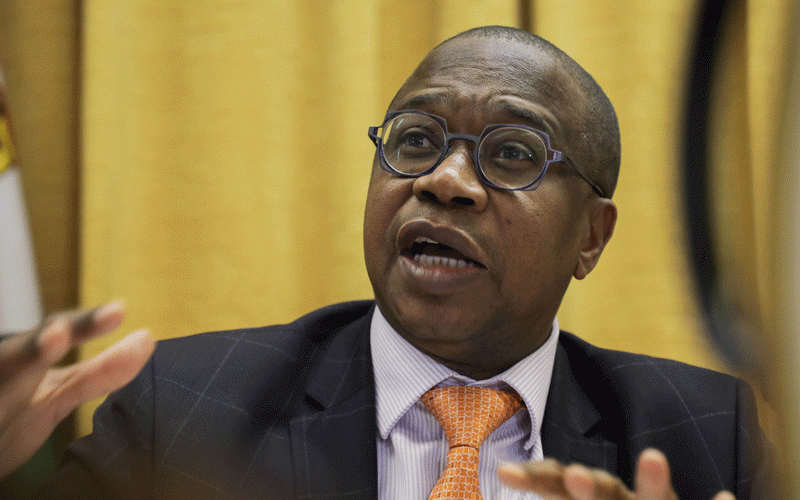
GOVERNMENT needs to invest in digital technologies to curb illicit financial flows (IFFs) that have cost the country billions of United States dollars, an academic has said.
Legal think-tank, Veritas, estimated that IFFs had cost Zimbabwe US$32 billion between 2000 and 2020, a figure that continues to rise as evidenced by annual reports from the Auditor-General’s Office.
At a conference held last week, academics said investing in digital technologies would help in accounting and improve governance of the country’s finances.
The conference was organised by the Public Policy and Research Institute of Zimbabwe in partnership with Development Studies of Zimbabwe, Women Institute in Leadership Development, Community Podium, among other civic society organisations. It was held under the theme, Rooting Digital Technologies for Citizens Engagement and Social Accountability.
“We have had the problem of illicit financial flows. I am sure that is a topical issue when we look at the levels of Zimbabwean corruption,” National University of Science and Technology’s Favourate Sebele said.
“The illicit financial flows that come out of Africa on a yearly basis are estimated at US$89 billion and this is estimated to be equal to the needs of the continent in terms of investments. This is also estimated to be equal to the aggregate total annual receipts of development and foreign direct investments.”
She said the country would not need donor funding if IFFs were curbed.
“I am sure on the global platforms we are hearing issues to do with transfer pricing in the digital economy. How can we get that revenue that is being siphoned out of Africa by the multinational organisations?” she asked.
- Budget dampens workers’ hopes
- Govt issues $24 billion Covid-19 guarantees
- Letter to my People:They have no answers for Nero’s charisma
- ZMX to enhance farm profitability
Keep Reading
Sebele said digital technologies, however, had constructive and destructive imparts on the world and they depended on how the countries apply them.
"What are we doing as Zimbabwe? We only see the display of wealth, are we really following where this wealth is coming from? Are we really following where the money that is used to purchase cars is coming from?” she asked.
In his closing remarks at the conference, Reinford Khumalo, and senior members of PPRIZ challenged the government to stop draining and piling stress on the poor citizens through numerous taxes and price hikes.
This comes after Treasury announced increases in a raft of taxes, fees and levies, which included the imposition of a “wealth tax”.
In the 2024 Zimbabwe Infrastructure Investment Programme, Finance, Economic Development and Investment Promotion minister Mthuli Ncube announced that government will focus on digital technology.
“The renewed focus by the second republic on modernising the economy through digitalisation and innovation reflects the global reality where digital technologies are driving transformative change with new technologies reshaping products, markets as well as profoundly altering businesses and work,” Ncube said.
“The 2024 proposals for infrastructure investments embraces this new thrust, which also entails realignment of policies and investments in appropriate ICT infrastructure and systems, as well as capacitation of institutions to support the envisaged digital economy ecosystem.”
However, he said with government funding increasingly being squeezed by other budgetary requirements, constructive collaboration with the private sector remains the most viable option of raising the resources needed to close the infrastructure gap.






